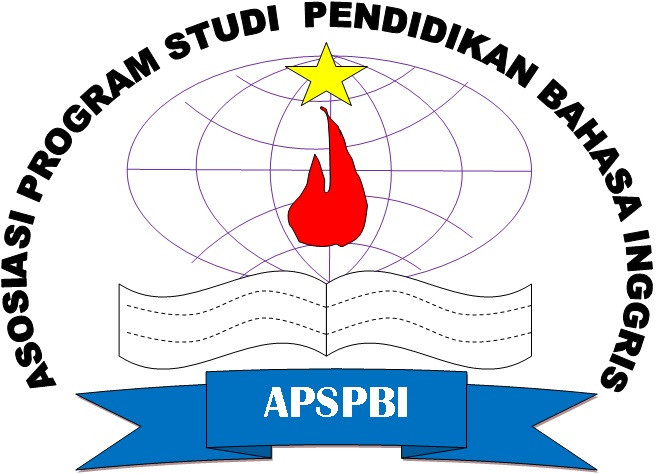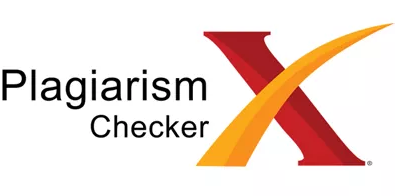Title:
The Effects of Dynamic Assessment on Reading Skill Performance: A Study of Indonesian EFL Learners
Author:
Abstract
This research article aimed to analyze the effects of Dynamic Assessment (DA) on EFL learners' reading comprehension. The participants in this case study were five Indonesian tertiary-level EFL learners. It investigated whether mediation in DA improve the learners reading comprehension performances and analyzed the extent to which mediation in DA benefit learning. The research methods used were pre-test, mediation, and post-test. The findings revealed two main points. First, the result of the post-test showed an overall improvement for all five students. As indicated by the effect size (0.96) and the result of paired samples t-test (p-value = 0.0028), it can be concluded that the effect of DA on the participants’ reading skill performance was highly significant. Second, mediation in DA appeared to benefit learning with different characteristics in each student. The implications of this study were to provide practical insight to EFL teachers into how mediation can be developed to improve learners' reading skills and to inform EFL teachers with some suggestions to carry out mediations to benefit learning.
Keywords
Full Text:
PDFReferences
Ajideh, P., & Nourdad, N. (2012). The effect of dynamic assessment on EFL reading comprehension in different proficiency levels. Language Testing in Asia, 2(4), 101-122.
Aljaafreh, A., & Lantolf, J. P. (1994). Negative feedback as regulation and second language learning in the zone of proximal development. The Modern Language Journal, 78(4), 465-483.
Bailey, K. (1996). Working for washback: A review of the washback concept in language testing. Language Testing, 13(3), 257-279.
Camey, J. J., & Cioffi, G. (1990). Extending traditional diagnosis: The dynamic assessment of reading abilities. Reading Psycology, 11, 177-192.
Feuerstein, R., Rand, Y., & Hoffman, M. B. (1979). The dynamic assessment of retarded performers: The learning potential assessment device: Theory, instruments, and techniques. Baltimore: University Park Press.
Feuerstein, R., Rand, Y., & Rynders, J. E. (1988). Don't accept me as I am. Helping retarded performers excel. New York: Plenum.
Grigorenko, E. L., & Sternberg, R. (1998). Dynamic testing. Psychological Bulletin, 124, 75-111.
Hamilton, J. L. (1983). Measuring response to instruction as an assessment paradigm. Advances in Learning and Behavioral Disabilities, 2, 111-133.
Haywood, H. C., & Lidz, C. S. (2007). Dynamic assessment in practice: Clinical and educational applications. Cambridge: Cambridge University Press.
Kozulin, A., & Garb, E. (2002). Dynamic assessment of EFL text comprehension of at-risk students. School Psychology International, 23(1), 112-127.
Leung, C. (2007). Dynamic assessment: Assessment for and as teaching? Language Assessment Quarterly, 4(3), 257-278.
Lidz, C. S., & Elliott, J. G. (2000). Introduction. In C. S. Lidz & J. G. Elliott (Eds.), Dynamic assessment: Prevailing models and applications (pp. 3-13). Amsterdam: Elsevier.
McNamara, T. (2004). Language testing. In A. Davies & C. Elder (Eds.), The handbook of applied linguistics (pp. 763-783). Malden, MA: Blackwell
Naeini, J., & Duvall, E. (2012). Dynamic assessment and the impact on English language learners’ reading comprehension performance. Language Testing in Asia, 2(2), 22-41.
Ortega, L. (2013). Understanding second language acquisition. New York: Routledge
Poehner, M. E. (2008). Dynamic assessment: A Vygotskian approach to understanding and promoting L2 development issues and implications. University Park, PA: Springer.
Spreen, O. (1982). Adults outcomes of reading disorders. In R. N. Malathesa & P. G. Aaron (Eds.), Reading disorders: Varieties and treatments (pp. 473-498). New York: Academic Press.
Thorndike, E. L. (1924). An introduction of the theory of mental and social measurements. New York: Wiley.
Vygotsky, L. S. (1978). Mind in society: The development of higher psychological processes. Cambridge: Harvard University Press.
Wertsch, J. V. (1979). From social interaction to higher psychological processes: a clarification and application of Vygotsky’s theory. Human Development, 22(1), 1-22.
Wilson, R. M. (1981). Diagnostic and remedial reading for classroom and clinic (4th edition). Colombus, OH: Charles E. Merrill.
DOI: https://doi.org/10.31002/metathesis.v4i2.2266
Article Metrics
Abstract view : 7 timesPDF - 0 times
Cited By
Refbacks
- There are currently no refbacks.

This work is licensed under a Creative Commons Attribution-ShareAlike 4.0 International License.
Metathesis: Journal of English Language, Literature, and Teaching is published by English Education Department, Faculty of Teacher Training and Education, Universitas Tidar, Magelang, Indonesia in collaboration with Asosiasi Program Studi Pendidikan Bahasa Inggris Se-Indonesia (APSPBI)
ISSN: 2580-2712 (print) and 2580-2720 (online)
Jalan Kapten Suparman 39 Magelang, Jawa Tengah, Indonesia 56116
Phone (0293) 364113 Fax (0293) 362438
















 Abstract views : 7
|
Abstract views : 7
| PDF views : 0
PDF views : 0